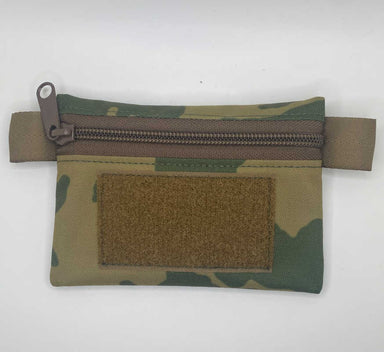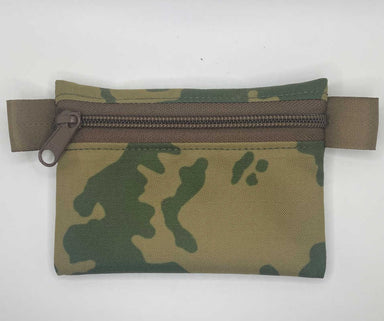

Off-Trayals | EDC | Pocket Pouch | Russian Bi-Color
Need a Pocket Pouch? Toss this in your pocket or put a Grimloc on it. Either way, you won't be disappointed. The Russian Bi-Color Camo is a great...
View full details
Russian military history is extensive and spans centuries, marked by significant developments, conflicts, and technological advancements.
Mongol Invasion (13th-15th centuries):
Grand Duchy of Moscow (15th-16th centuries):
Peter the Great (late 17th-early 18th centuries):
Napoleonic Wars (early 19th century):
Crimean War (1853-1856):
World War I and Russian Revolution (1917):
World War II (1939-1945):
Cold War (1945-1991):
Post-Soviet Era (1991-present):
Current Developments:
Literature and Art:
Technology and Innovation:
Russian military history is characterized by resilience, strategic depth, and a legacy of both victories and challenges. It continues to shape global geopolitics and remains a significant aspect of Russian national identity and security policy.

 Save Liquid error (snippets/product-badge line 32): Computation results in '-Infinity'%
Save Liquid error (snippets/product-badge line 32): Computation results in '-Infinity'%
Need a Pocket Pouch? Toss this in your pocket or put a Grimloc on it. Either way, you won't be disappointed. The Russian Bi-Color Camo is a great...
View full details
 Save Liquid error (snippets/product-badge line 32): Computation results in '-Infinity'%
Save Liquid error (snippets/product-badge line 32): Computation results in '-Infinity'%
Disposable Handcuffs – Heavy-Duty Nylon Restraints for Emergency Use & EDC Be prepared for the unexpected with Disposable Handcuffs, a lightwei...
View full details
